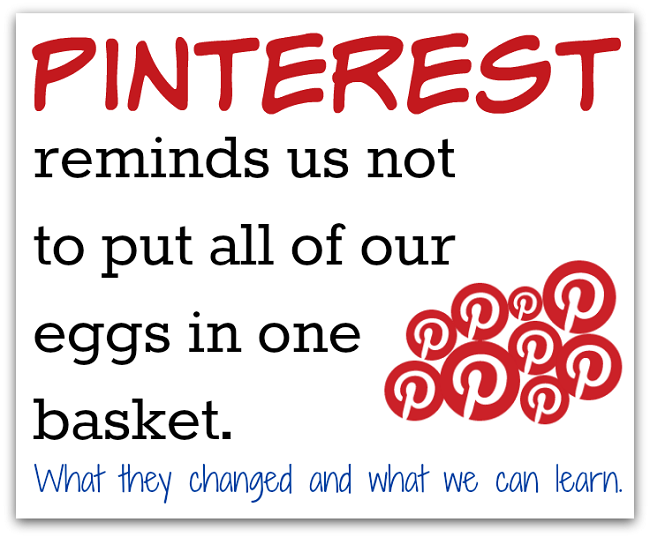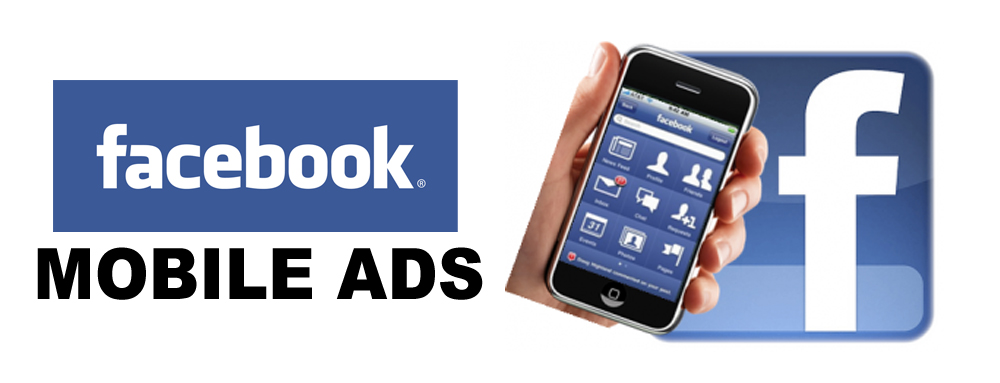If you were one of the thousands of internet marketers that were using Pinterest, you recently were handed some bad news.
Last month the premier social network sent out an official statement,“We are removing affiliate links to ensure we’re providing the best possible experience for Pinners. Recently, we observed affiliate links and redirects causing irrelevant Pins in feeds, broken links and other spammy behavior. We believe this change will enable us to keep the high bar of relevancy and quality Pinners expect from Pinterest.” And subsequently began removing all affiliate links.
Pinterest then sent out an email to all of it’s power Pinners that were known to be using the site for affiliate marketing stating that they would need to monetize their work on the site in another way.
Was the timing of this announcement coincidental?
Heck no! Furthermore, this shouldn’t come as a surprise to anyone that understands how social media platforms work and how they eventually to the way of incorporating their own monetization methods and strategies.
Small Biz Trends reports, “Pinterest has been stepping up its Promoted Pins program, including the increased presence of these pins on users’ home feeds. These paid Pins had previous appeared on search results and other areas of the site.”
In fact, Pinterest also experimented with the affiliate role back in 2012, when it partnered up with Skimlinks to auto-convert pins into affiliate links. But Pinterest quickly abandoned that practice after it came under fire for not disclosing the practice to its users.
By banning affiliate links, Pinterest could be paving the way for another attempt at affiliate marketing, perhaps a transparent attempt at monetization.
Affiliate marketing expert Geno Prussakov says that those who had been using Pinterest for this purpose should have been preparing for this ban all along. On his Affiliate Marketing Blog, Prussakov writes:
“Quite a number of affiliate marketers are actively using social media for dissemination of their marketing message(s). If you are one of them, you should understand (and appreciate) that third-party online properties — or those of them that owe their success to agility and strategic genius — will never stay inert. Rules will change. Terms of Service will get tweaked to adapt to the external changes, challenges, and opportunities. It’s always going to be about what works best for them (not for those who seek to use their platform as a monetization venue). So, be it Twitter or Facebook, Pinterest or any other third-party property, be ready for an overnight change.”
So what lessons can we learn from this?
1. Don’t put all your eggs in one basket
Dr. Shijie Liu, who teaches at the State University of New York, defines “sustainability.” He writes:
“Sustainability is the capacity to endure or maintain at the longest timescale permissible. In other words, sustainability is the ability to maintain continuum. In ecology, the word describes how biological systems remain diverse and productive over time.”
To build sustainable income affiliates, too, need to diversify. Don’t put all your eggs in one basket and rely on any single source to monetize, build traffic, or even market your product. You need to diversify to protect against any overnight changes. It’s tough to go from bucket loads of traffic, leads, or sales to zero overnight simply because of a simple change that the platform of your choice decides to implement.
2. Don’t build on someone elses platform
You should always have your own site to fall back on, to build your list from, and well to control. Just as you wouldn’t build your house on “rented land” you shouldn’t focus your marketing efforts on platforms that you will never be able to fully control.
Paul Chaney wrote just a few months prior to Pinterest’s conception on the importance of focusing your marketing efforts on your own website:
“The others you rent and … the landlord can be notorious for making changes with little notice. It would be ludicrous to build your entire web presence on rented land. That’s purely common sense.”
3. Rules change and often
Most all of us affiliate marketers use some form of social media to sling out our messages. And by doing so we should be understanding of the fact that third party online properties will never be under our control and change often. Rules will change. Terms will be tweaked and amended. Sure we don’t always agree with those changes, however we don’t have much of a say so since it’s not our platform to control. The owners of such platforms are going to do what is best for them.
What now?
There are still methods for affiliates to benefit from Pinterest. For example, the affiliate marketer that wishes to promote a diet offer. He could simply curate a diet board featuring diet picks that link back to his own website (not the affiliate offer directly). Then in turn link his site to the affiliate offer of his choice. However, while this approach might work in the interim, affiliates should not depend solely on Pinterest for that traffic.




One thought on “Lessons Learned from the Pinterest Ban”